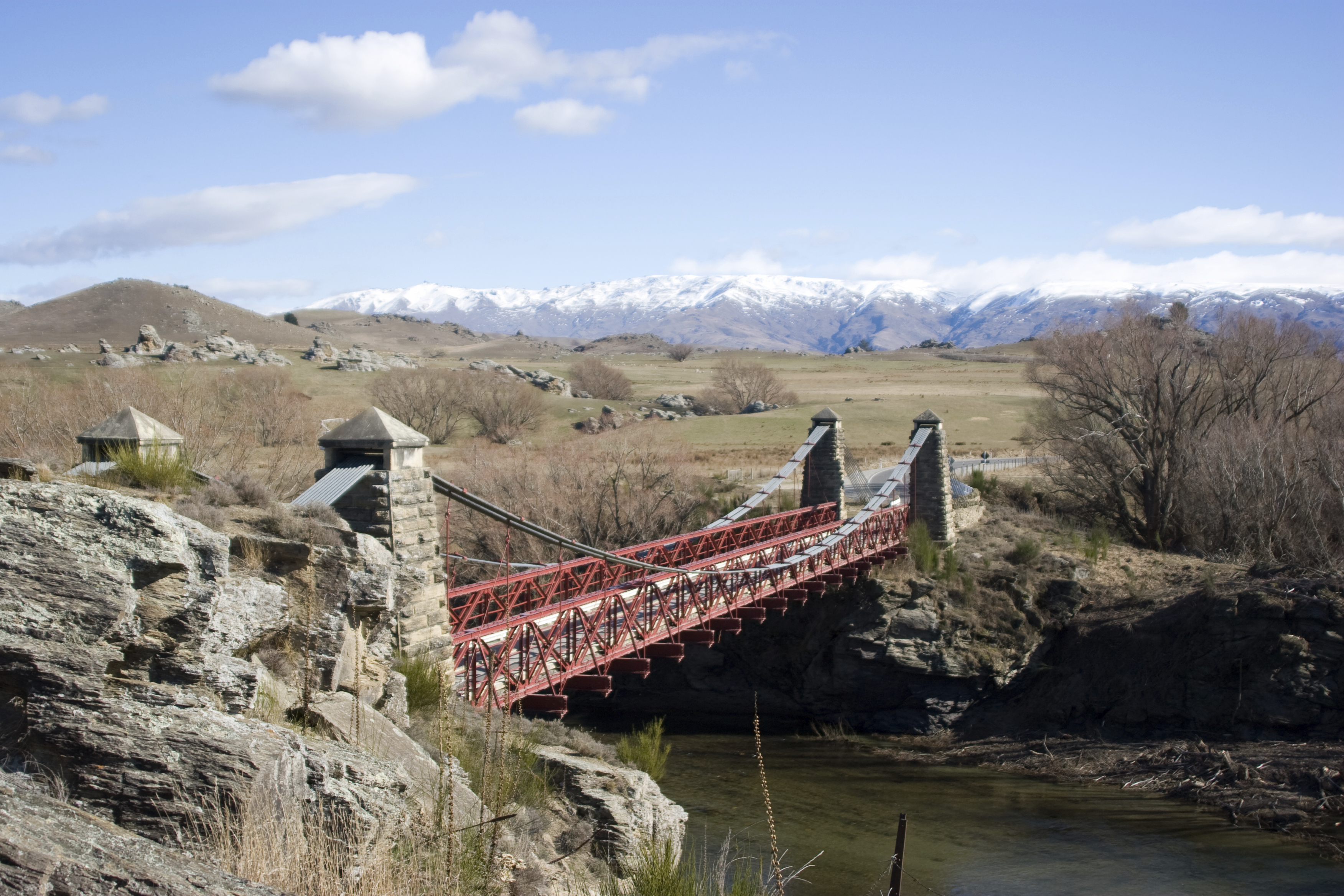The council is putting up warning signs in the area and is advising dog owners to keep their animals out of the water until further notice. People should likewise not swim in the water until the algae’s toxicity drops to safe levels.
Phormidium is found in rivers and streams, and typically forms a thick brown-black slimy algae mat found on large rocks, stones, and cobbles.
ORC director engineering, hazards, and science Gavin Palmer said mats have been seen detaching from rocks and floating downstream of the Ophir bridge towards Alexandra. They may become caught up in other debris such as sticks.
When the Phormidium mats die and dry out, they become light brown or white. Either fresh or dried, the algae can be highly toxic and potentially harm animals and people.
Dr Palmer said dogs are particularly susceptible to poisoning from both mat-forming and free-floating toxic algae.
“Dogs can eat these algae intentionally or by accident, when drinking from the river or retrieving sticks, with tragic results,” Dr Palmer said.
Symptoms of poisoning in animals exposed to the type of toxins present in Phormidium include lethargy, muscle tremors, fast breathing, twitching, paralysis, and convulsions. In extreme cases, death can occur within 30 minutes after signs first appear.
Where humans become ill or are suspected of being ill after swallowing water containing algal bloom, medical advice should be sought immediately. Likewise, if animals become sick, a veterinarian should be contacted.
For more information contact
Dr Gavin Palmer
Director engineering, hazards, and science
ORC
Ph 03 474 0827 or 0274 933 960

